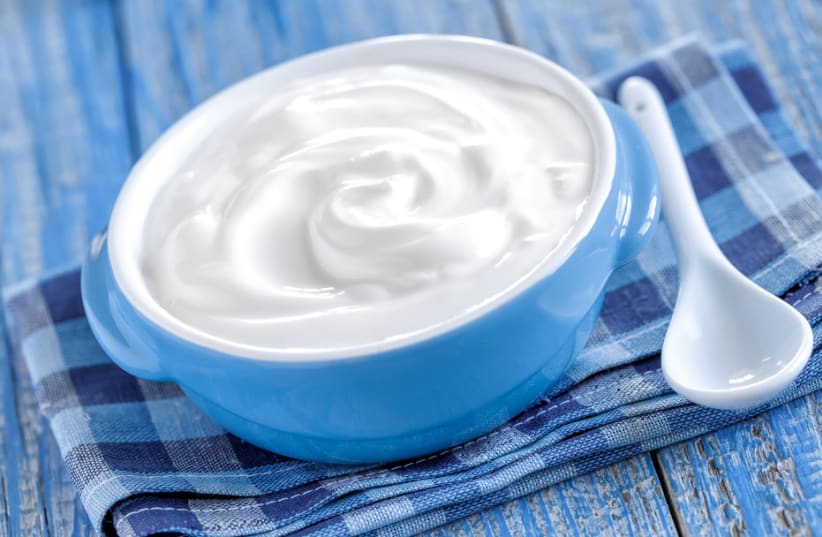Numerous studies have examined the effects of yogurt on our health, but a new study found that it can be effective against one of the most common diseases of recent decades - one that has no cure.
How does eating yogurt help?
As of 2021, 6.2 million Americans and more than 100,000 Israelis are living with Alzheimer's disease. This number is expected to increase significantly by 2025. By 2050 worldwide, it’s forecast that 150 million people worldwide will have dementia, due to aging populations. Although there is no cure for Alzheimer’s, new studies suggest that bacteria in our gut can prevent the disease.
In a recent study, memory problems were shown to be reversed after lab mice received stool-friendly bacteria. This study suggests that yogurt containing probiotic bacteria can help prevent Alzheimer’s disease, which has opened the door to the development of probiotics that treat, or even prevent dementia.
“This is a game changer,” said Prof. John Kreean, of University College Cork in Ireland, whose research is published in Nature Aging. “We've just seen that the microbiome can be harnessed to reverse age-related brain deterioration. We also see evidence of improved learning ability and cognitive function.”
The aging process causes dramatic changes in the microbiota, which is linked to poor health and frailty among older populations. One hundred trillion microorganisms - both good and bad - live in the human gut, and the immune system is affected by the balance between them. The research team from Ireland showed that laboratory mice showed that they had increased memory and cognitive function with the help of specific species of bacteria.
Changes associated with aging in the immune system have been reversed with fecal transplants from younger mice (3-4 months) to older mice (19-20 months). Changes included faster deciphering of maze patterns and better memory afterwards. They were also less prone to anxiety, a common symptom of dementia. Scans later showed that their brains "regenerated" and contained metabolites and regulatory patterns of genes similar to those of adolescents.
"We must state that we aren’t advocating fecal transplants for people who want to 'rejuvenate' their brains,” Kreenan explained. “Instead, these studies point to a future that will focus on microbiota-targeted dietary or bacterial-based interventions. They will promote optimal gut health and immunity to keep the brain young and healthy.”
The study suggests that these therapies can combat cognitive decline. This adds to evidence that probiotics sold as dietary supplements increase concentration, improve decision making and understanding.
Yogurt is one of the foods richest in probiotic bacteria. Hundreds of types of bacteria naturally exist in our gut. Ideally, we should maintain a balance between the amounts of harmful and harmless bacteria in our bodies. Probiotic bacteria have many important functions including helping to break down food components, strengthening the immune system and reducing intestinal permeability to harmful substances.
"Microorganisms that live on and in our bodies affect health and change with age. Friendly bacteria have beneficial effects on metabolism and the immune system. They can be gradually replaced by bacteria that cause chronic inflammation, metabolic dysfunction and other chronic diseases," Kreean noted. "More research is needed to translate the findings into clinical use in humans. We know that gut microorganisms shape local immunity, but they can also affect brain aging and increase the risk of degenerative diseases."
